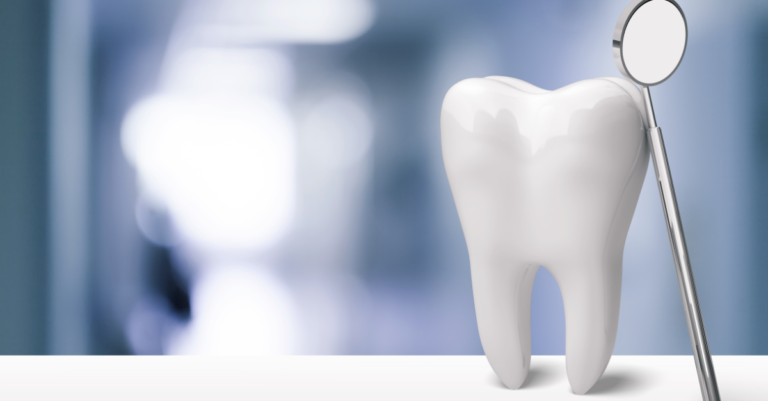
How To Prepare For The DAT: A DAT Study Guide
Attention Pre-dents! This is your go-to guide for everything you need to know about the ... Read more
Written by: Kelsey Gwin
Published on: March 28, 2019

Attention Pre-dents! This is your go-to guide for everything you need to know about the ... Read more
Written by: Kelsey Gwin
Published on: March 28, 2019
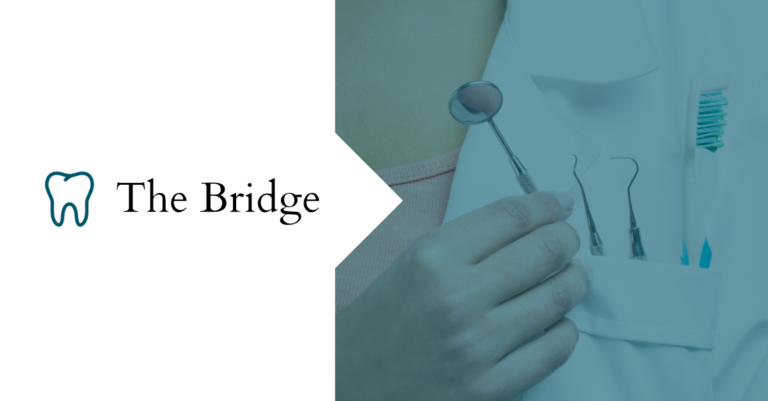
You spend most days in dental school trying to survive. Tests pummel you; dentures demand ... Read more
Written by: Abbey Tadros
Published on: January 23, 2019

Dental school is a dream, even though some days can be a nightmare. Whether you’re ... Read more
Written by: Abbey Tadros
Published on: November 27, 2018

Dental students spend more time at school than their own houses with people they see ... Read more
Written by: Abbey Tadros
Published on: October 30, 2018

The struggle of dental students to find academic balance It’s the morning of an exam. ... Read more
Written by: Kelsey Gwin
Published on: October 29, 2018
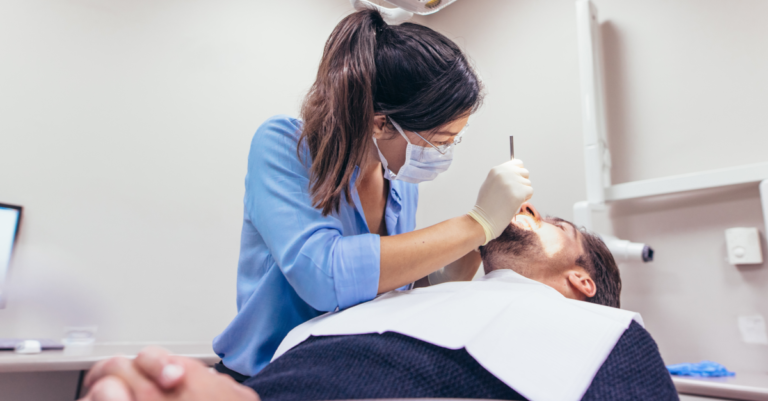
Leading up to our first appointment in clinic, one of my classmates asked our supervising ... Read more
Written by: Colson Smith
Published on: September 20, 2018

Updated January 20, 2022. The article was updated for formatting and grammatical updates. The Texas ... Read more
Written by: TMDSAS
Published on: August 27, 2018

It’s a fact of life: you need money to pay expenses that allow you to ... Read more
Written by: AAMC Staff
Published on: August 9, 2018

With the start of classes quickly approaching (and Amazon Prime Day just around the corner!) ... Read more
Written by: Student Doctor Network
Published on: July 14, 2018
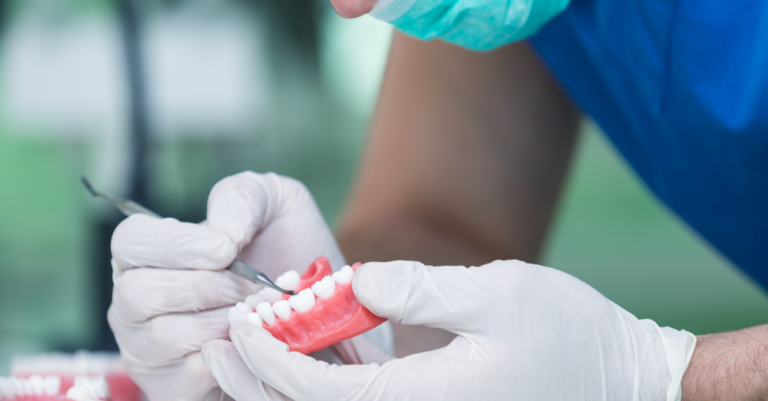
The Four Legs of the Dental School Marathon One of the main questions I get ... Read more
Written by: Colson Smith
Published on: June 27, 2018
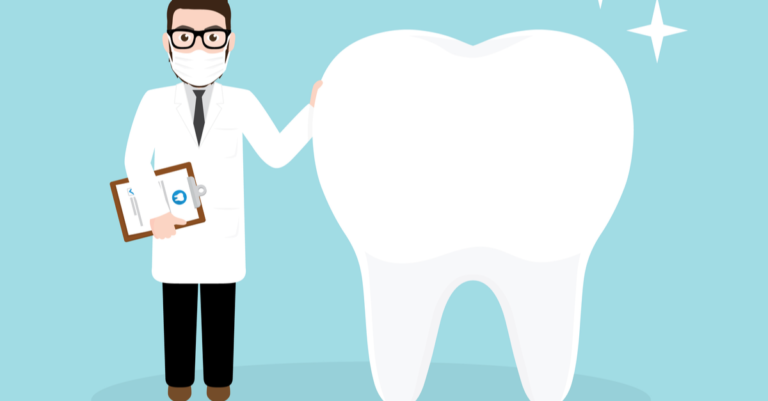
If you think a dental career might be in your future, you can begin taking ... Read more
Written by: Student Doctor Network
Published on: May 14, 2018

April showers bring May flowers, and May flowers into a summer of applications for dental ... Read more
Written by: Abbey Tadros
Published on: March 27, 2018

One billion. That is the approximate number of tidbits I gathered during my first semester ... Read more
Written by: Abbey Tadros
Published on: February 15, 2018

Being a dentist is a lifelong dream for many people. Yet few are able to ... Read more
Written by: DentalGoal
Published on: April 3, 2017

Being a pre-medical student means committing to a years-long process aimed at ultimately gaining admission ... Read more
Written by: Cassie Kosarek
Published on: January 11, 2017

Updated December 8, 2021. The article was updated to correct minor grammatical and technical errors. ... Read more
Written by: Patrick C. Beeman
Published on: January 10, 2017

Don’t miss Part I of this article, which covered how to prepare before the interview and ... Read more
Written by: bluestreaks
Published on: November 2, 2016

I did 21 interviews. Don’t ask how much it cost because I don’t enjoy thinking ... Read more
Written by: bluestreaks
Published on: November 1, 2016

Taking the MCAT can be a nerve-wracking experience. In fact, many students develop significant test ... Read more
Written by: Anubodh “Sunny” Varshney
Published on: September 19, 2016